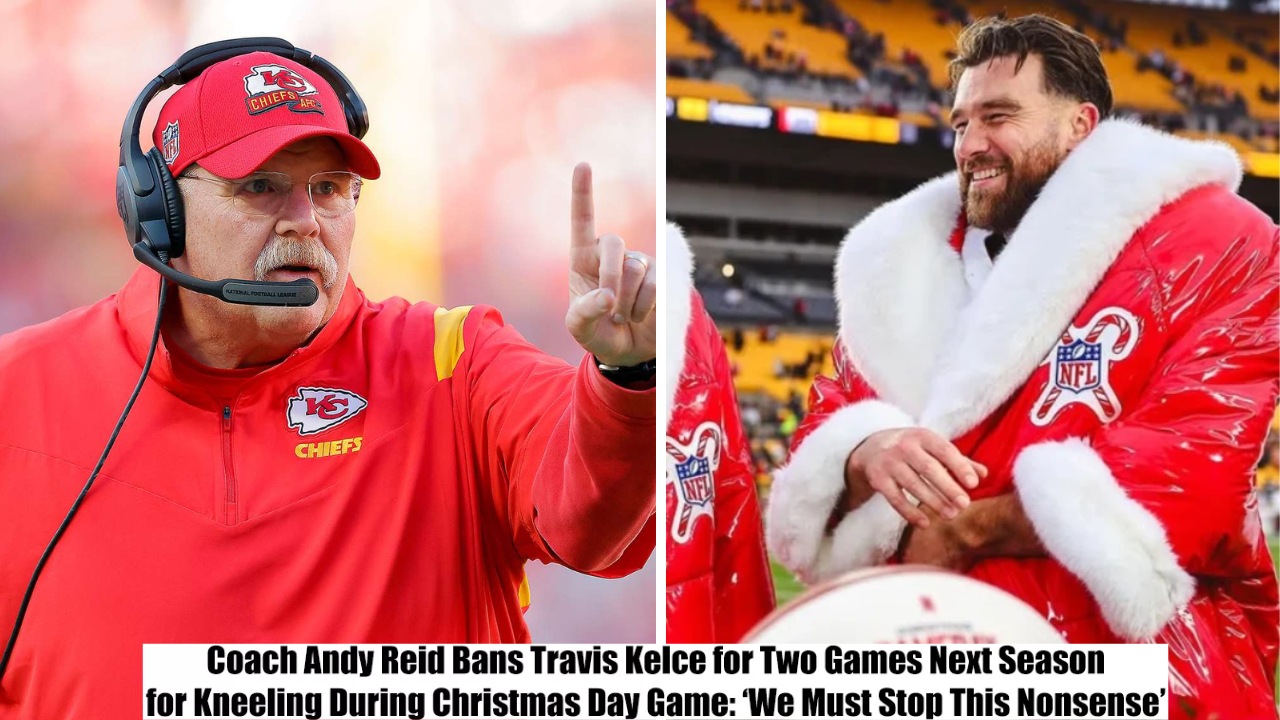Kansas City Chiefs head coach Andy Reid has made a controversial decision by banning star tight end Travis Kelce for the first two games of the next NFL season. This decision stems from Kelce’s decision to kneel during the national anthem before the Chiefs’ Christmas Day game. The move has sparked widespread debate among fans, players, and analysts alike.
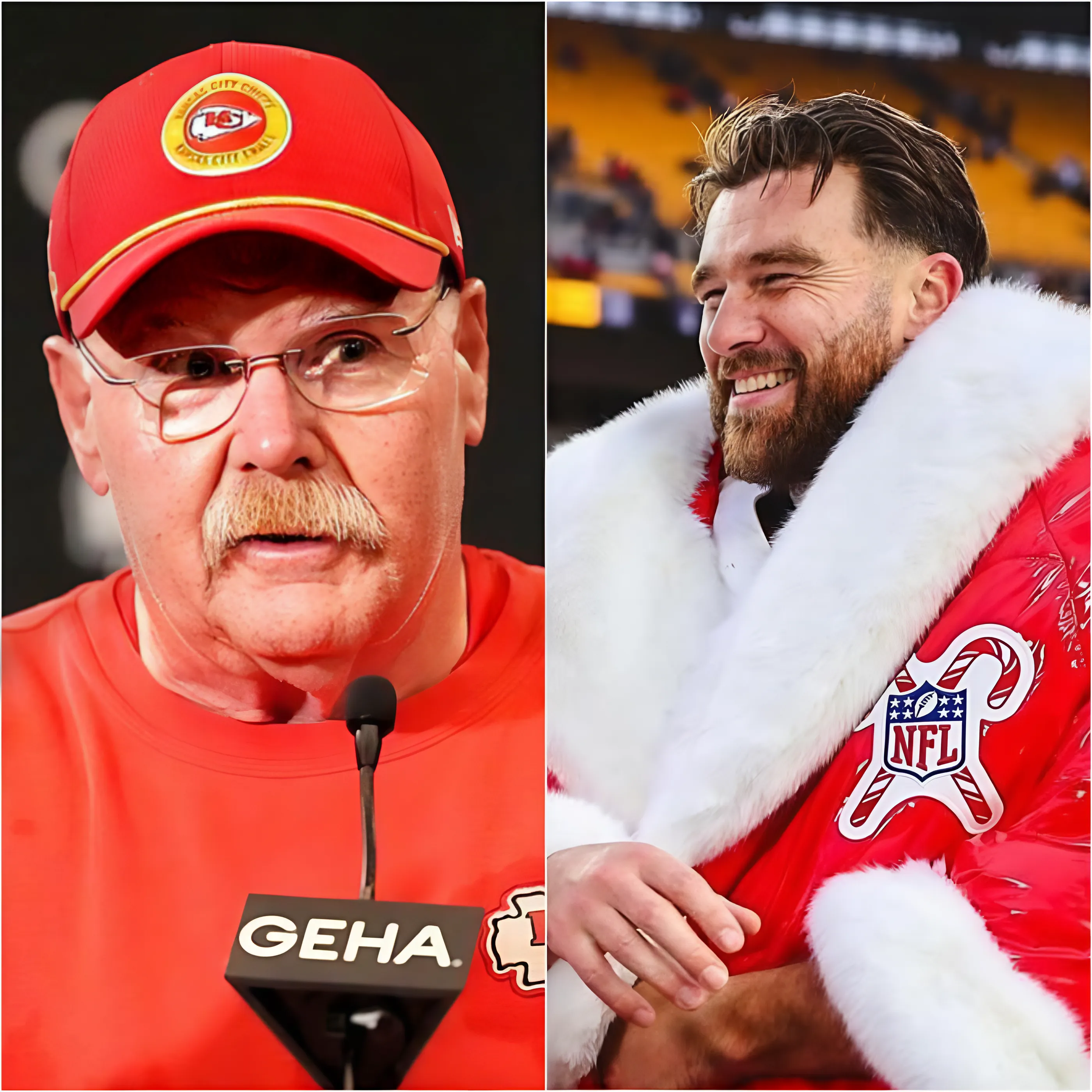
According to sources close to the team, Reid stated that his decision was not an easy one but was made to address what he called “a growing distraction” within the league. “We must stop this nonsense and focus on the game,” Reid reportedly said during a post-game press conference. He emphasized that the decision was not about silencing players but about maintaining unity and professionalism on the field.
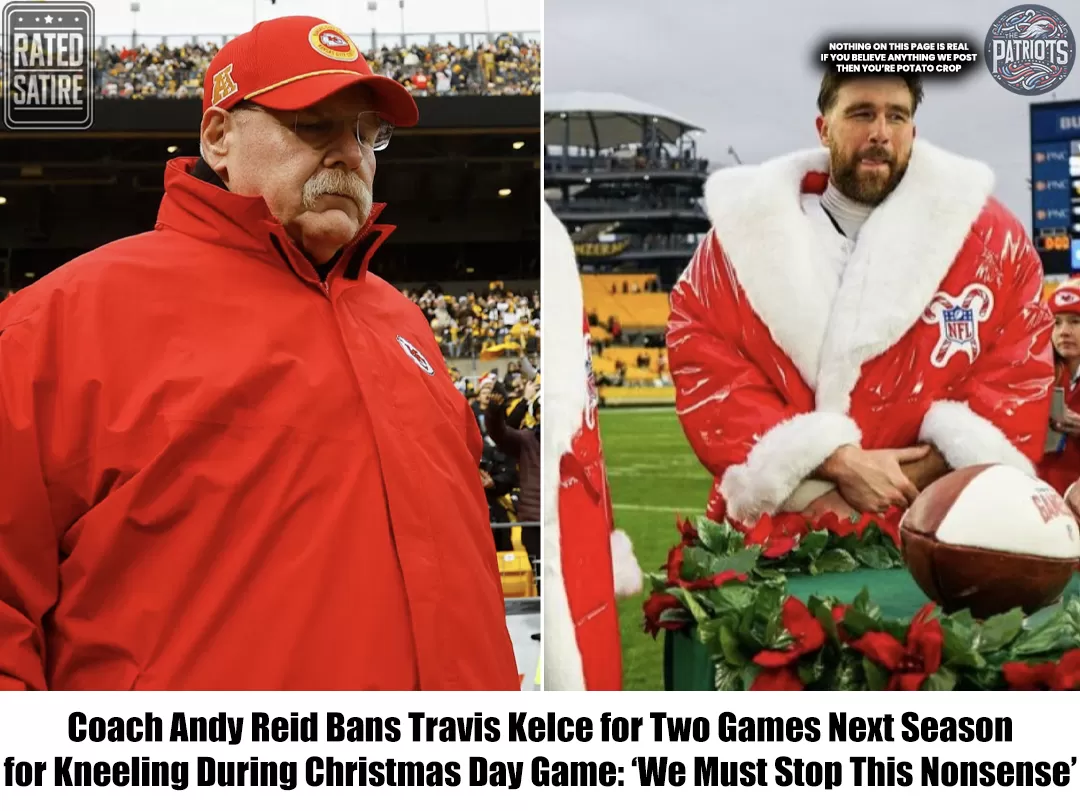
Kelce’s action on Christmas Day was interpreted by many as a gesture of solidarity with ongoing social justice movements, a stance that has divided opinions in the NFL and beyond. While some fans and fellow players applauded his courage, others criticized the act as being out of place in a sporting event. The controversy highlights the ongoing tension between individual expression and organizational discipline in professional sports.
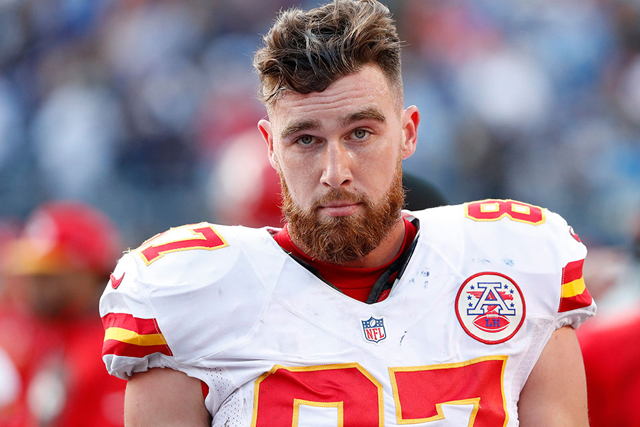
The Chiefs organization has remained largely silent on the matter, with only a brief statement acknowledging the decision and reiterating the team’s commitment to fostering an inclusive environment. However, the statement did not directly address Kelce’s actions or Reid’s reasoning, leaving many questions unanswered.
Social media platforms exploded with reactions as soon as the news broke. Some users praised Reid for taking a firm stance, arguing that the national anthem should remain apolitical. Others accused the coach of overreacting and suppressing players’ rights to express themselves.

Former and current players have also weighed in on the situation. One anonymous player expressed disappointment in the decision, saying, “Travis has always been a leader on and off the field. Punishing him for standing up for what he believes in sends the wrong message.” Another voiced support for Reid, asserting that “a football game isn’t the place for political statements.”

The NFL has long grappled with the intersection of sports and social issues. The controversy surrounding kneeling during the anthem began in 2016 when then-San Francisco 49ers quarterback Colin Kaepernick first took a knee to protest police brutality and racial inequality. Since then, players across the league have used the gesture to raise awareness for various causes, often facing backlash as a result.
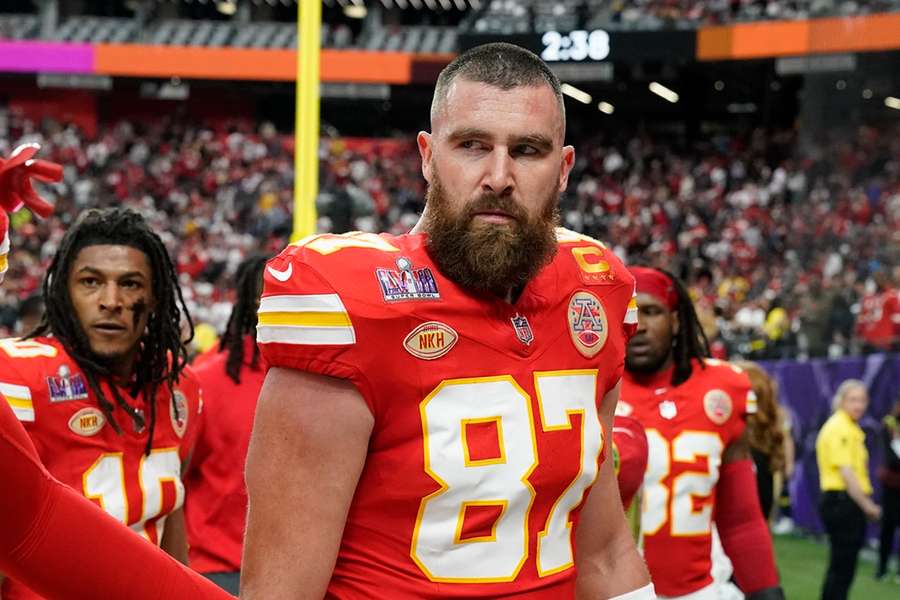
For the Chiefs, the timing of the suspension could have significant implications for the team’s performance next season. Kelce has been a cornerstone of the Chiefs’ offense, consistently ranking as one of the top tight ends in the league. Losing him for two games could impact the team’s early momentum, particularly against competitive opponents.
As the offseason progresses, it remains to be seen how this decision will affect the dynamics within the Chiefs’ locker room and the league at large. Whether it serves as a precedent for other teams or becomes a point of contention for players and coaches, one thing is clear: the debate over the role of political expression in sports is far from over.
